I pretend to be a bird on the internet. He/Him
- 9 Posts
- 28 Comments
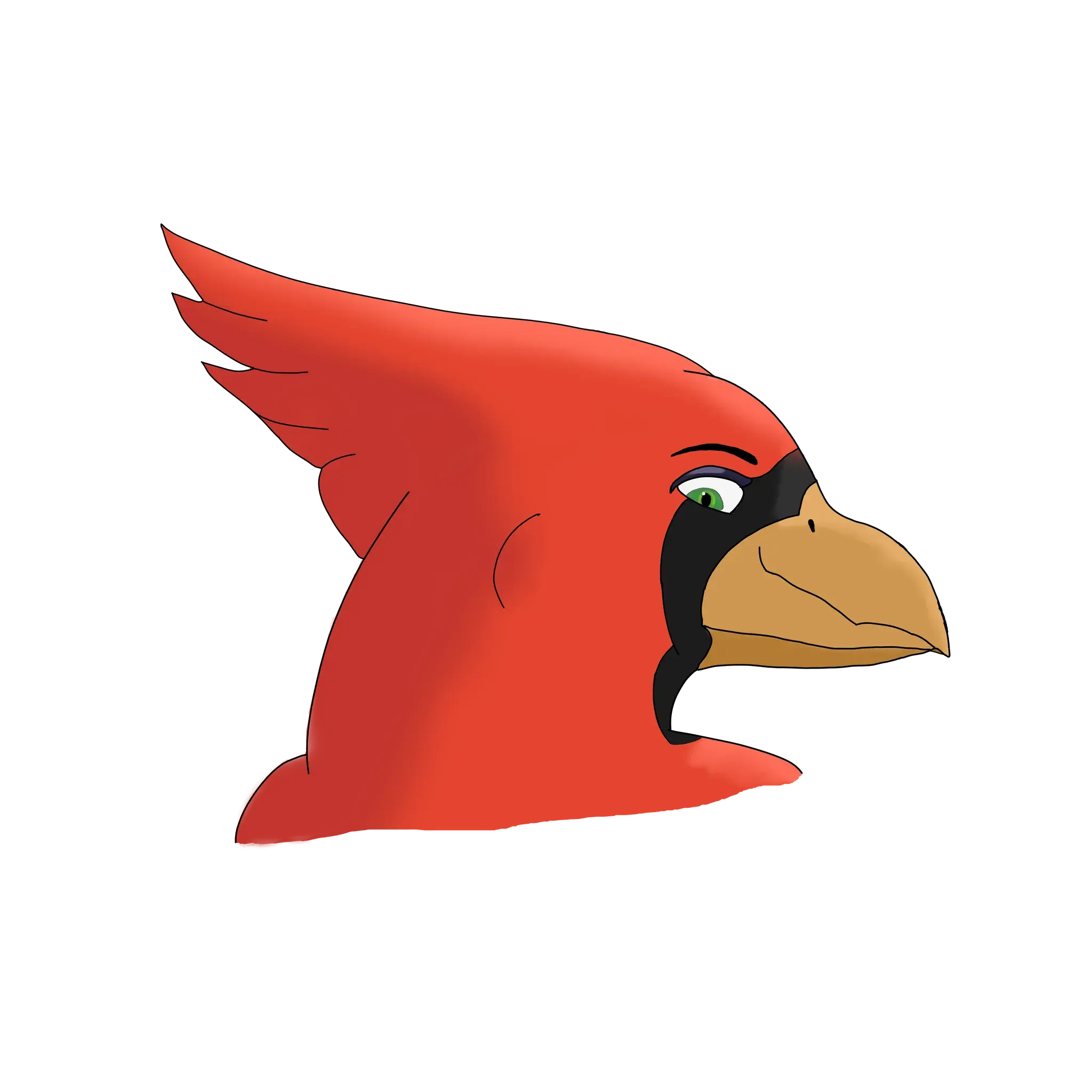
 1·1 year ago
1·1 year agoI appreciate your engagement in this discussion, but I’d like to address your points as I feel like I didn’t make my first point about plants feeling pain as well as I could:
Firstly, it’s important to clarify that the argument I presented isn’t about how similar creatures look to us, but rather about the ethical framework we use to assess suffering. The term “speciesism” is often used to criticize differential treatment based on species, and it’s a valid concern. However, drawing a moral line isn’t necessarily about appearance; it’s about recognizing the capacity for suffering and the moral responsibility that comes with it.
You mentioned that pain requires perception, and we lack a definitive test for an inner listener. This is a valid point, and it’s why the debate surrounding the sentience of plants is ongoing. While we don’t have concrete evidence of plant consciousness as we do for animals, it’s also worth acknowledging that our understanding of consciousness is still evolving.
Regarding behavior, you rightly point out that some birds exhibit complex behaviors, including language. This complexity raises important questions about the moral implications of causing harm to such creatures. The issue at hand is complex and nuanced; we can differentiate between beings with different cognitive capacities and still recognize the moral imperative to minimize suffering across the board.
The point of discussing plants in this context is not to “win an argument” but to emphasize that the question of suffering is multifaceted. It’s a way to provoke thought about where we draw the line and whether our current practices align with our moral values. While we may not have all the answers, it’s important to engage in these discussions to encourage more ethical and sustainable choices.
The intention here is not to rationalize cruelty but to foster a deeper understanding of the complex ethical considerations surrounding our treatment of all living beings. These discussions can help us evolve our practices and make more informed choices about our impact on the world around us.

 1·1 year ago
1·1 year agoNot at all; as stated in my comment, the debate is not about whether a given creature experiences pain and works to avoid suffering, but rather where you draw the line on what level of suffering is acceptable. I personally avoid buying meat products from the store because I feel that factory farms are inhumane and unsustainable, but I’m willing to and do raise and harvest meat birds for my own consumption.
Judging by your comment history, you do eat plant-based, and that’s pretty cool. I encourage you to share some of your favourite plant-based recipes in this community :)

 10·1 year ago
10·1 year agoPlants probably also feel pain then, considering that they modify their behavior after injury, seek to avoid them, and chemically communicate with other plants to protect themselves. Life is life, no matter if it’s speaking, clucking, mooing, or photosynthesizing, it’s just a matter of where you draw the line.

 8·1 year ago
8·1 year agoA reminder to be(e) nice; we all come from different backgrounds, and launching ad hominem attacks is ineffective in getting people to consider your arguments.

 4·1 year ago
4·1 year agoThis comment feels needlessly hostile.

 122·1 year ago
122·1 year agoWhen organizations mess up, why is their first response to the critique to say “Why didn’t you come to us first?” when they really mean “Why did you make this public so we actually have to do something?”
I get really frustrated with the response because it doesn’t come across as a company actually interested in improving, but just throwing accusations back and trying to beg off the responsibility of actually holding themselves accountable.

 7·1 year ago
7·1 year agoYou’re seeing words that trigger your community’s language filter, I believe.

 3·1 year ago
3·1 year agoSeconding this. OP seems very determined to avoid interacting with comments that don’t explicitly confirm their own worldview.

 6·1 year ago
6·1 year ago- Steve1998MREInfo tests and reviews military MREs from all around the world. Surprisingly entertaining and wholesome.
- Townsends 18th century living history reenactment and history, especially focusing on the food and everyday chores of colonial Americans.
- Wendigoon cool dude who makes videos on conspiracies, analog horror series, modern mysteries, and bible studies.
- Knowing Better educational political and sociological videos with occasional skits.

 2·1 year ago
2·1 year agoI recently learned that you can grill it and I am very interested in trying it out, maybe this year!

 9·1 year ago
9·1 year agoI feel the same way; having a mix of high- and low-intensity tasks in a workday stresses me out less because I can use the easier tasks as a warmup or cooldown for the larger tasks.

 3·1 year ago
3·1 year agoI’m a very adventurous eating so I’ve had the chance to eat a bunch of different foods but my list of meats to try include goose, horse, dog, emu, and snake.

 2·1 year ago
2·1 year agoI had the chance to try durian fruit chunks and durian ice cream! It tasted like sucking on a wet, slightly used dishrag. It was an… interesting flavor, but one I’m glad I got to try; I was only able to eat a third of my serving because the taste became more overbearing as I ate.

 2·1 year ago
2·1 year agoKangaroo tastes great and didn’t taste at all gamey to me. I had a kangaroo steak medallion and I’d say it had a slightly richer meat flavor, but was much leaner than beef. Goat tends to be very tough and chewy, but I’ve only had it in curries so I can’t speak to its flavor much.

 31·1 year ago
31·1 year agoI believe this troll is referring to the transexual and bisexual pride flags on OP’s banner. Best not to engage further.
How does the taste/feel compare to TVP (textured vegetable protein)? TVP has a sponginess that is slightly unpleasant to me, but I’ve seen some promising advancements in plant-based meat replacements that gives them a texture closer to animal meat.

 4·1 year ago
4·1 year agoVery true, I forgot about the doorbell cameras! Neighbors on FB will often post their camera footage when a “suspicious” (read: black or young) person drives by

 10·1 year ago
10·1 year agoI feel the more likely scenario is for public surveillance to reach a point where everyone outside their home (or near a window) is being recorded from multiple sources.


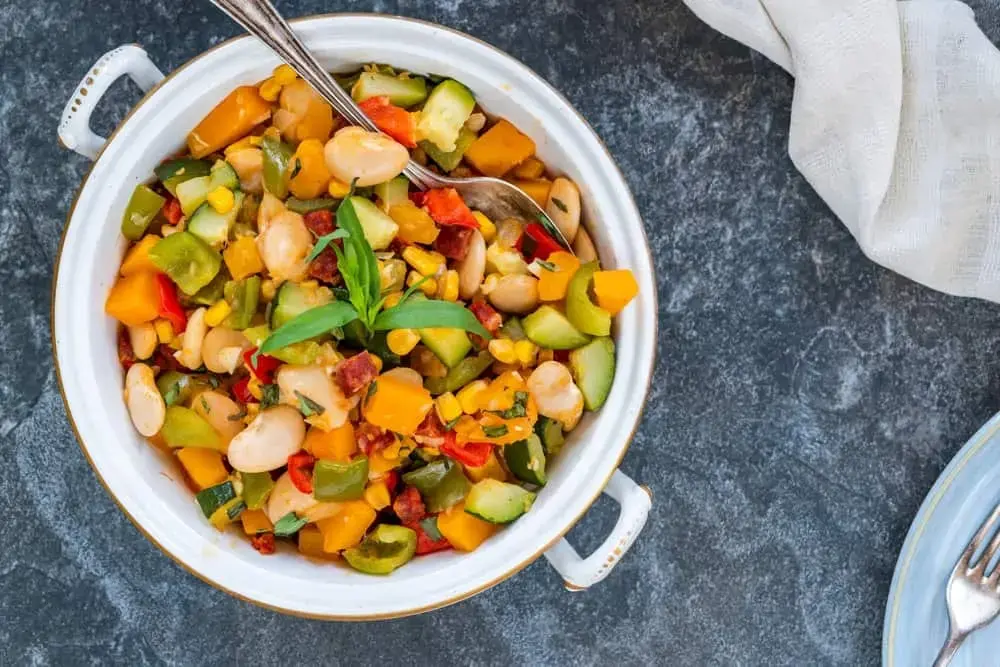
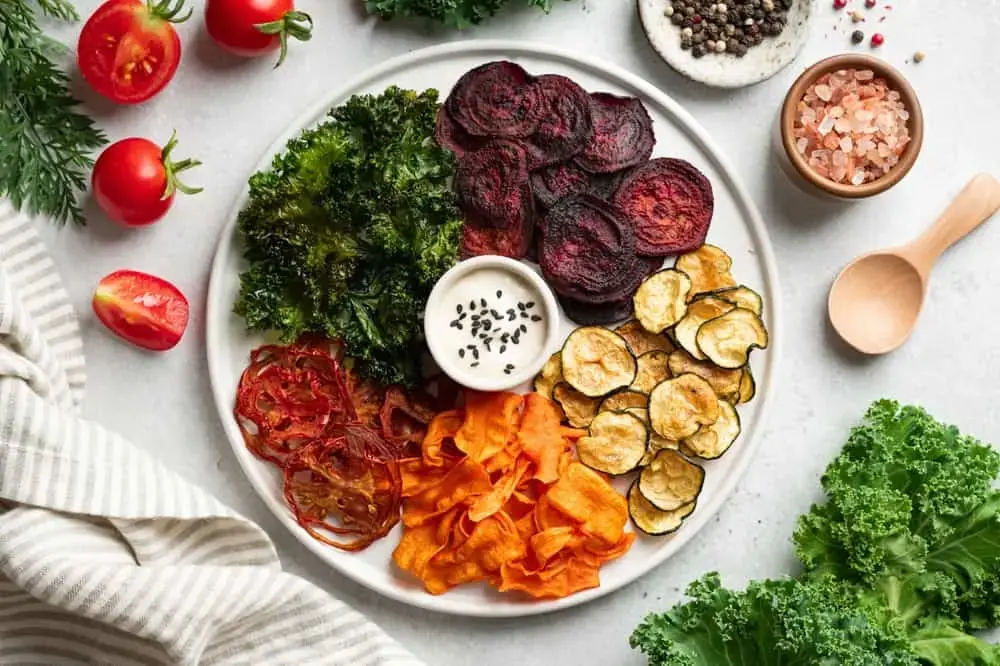
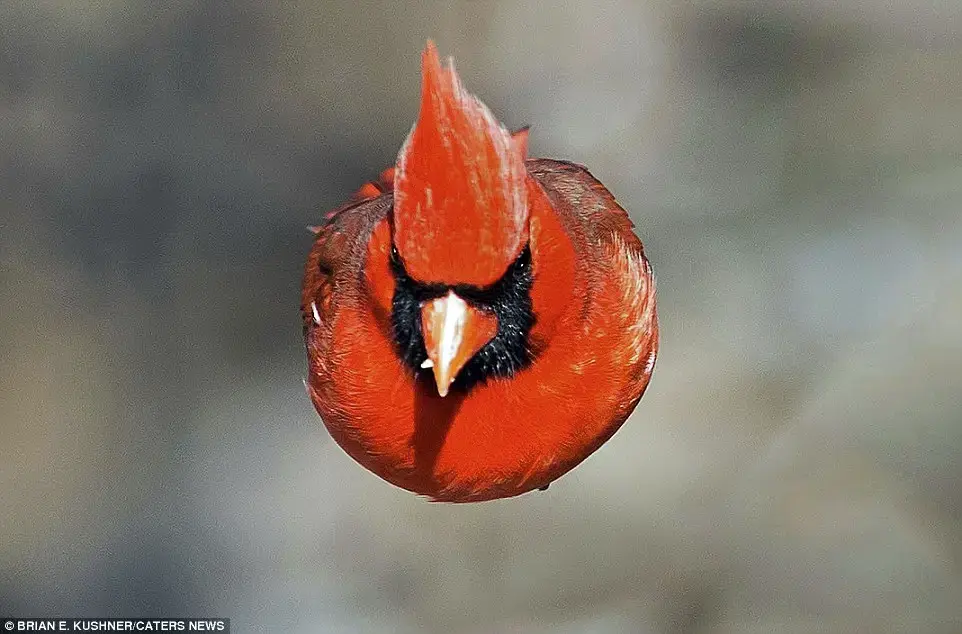
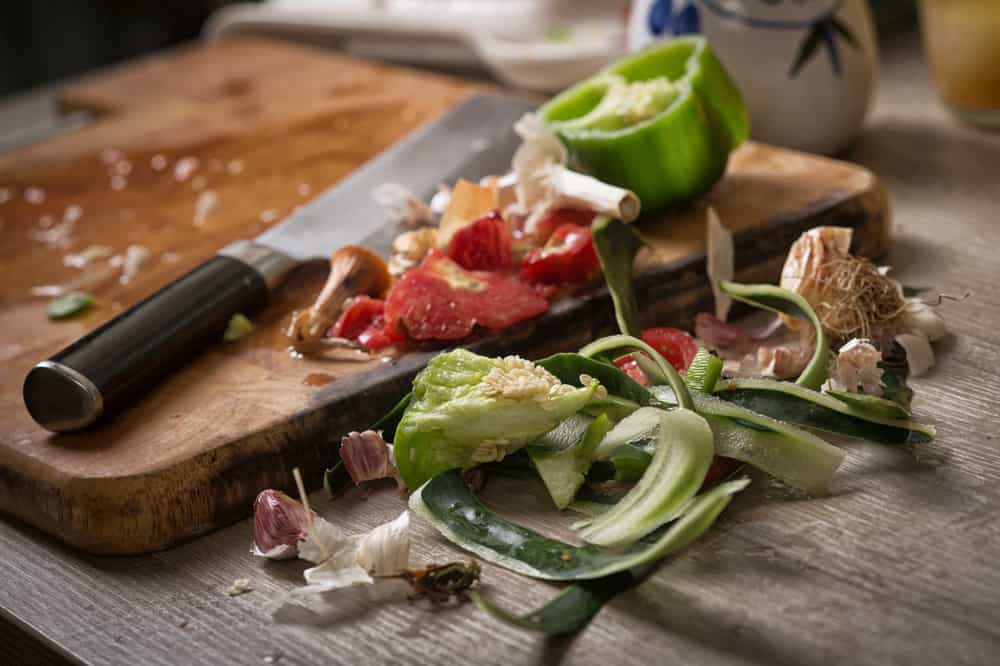

As per the article:
"But what if my container is ‘microwave-safe’?
Though various plastics are marked as microwave-safe—and plenty of plastic lobbyists have defended them as perfectly safe—the term is somewhat misleading. It’s simply referring to plastic types that won’t crack or melt when heated, not their chemical makeup. Supposedly microwave-safe products can still contain bisphenols, phthalates, and plenty of other potentially harmful ingredients."